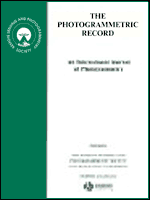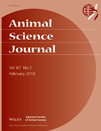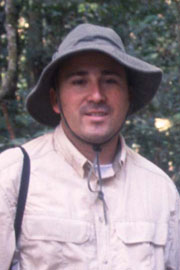 There’s something strange about a 2008 paper on the role of nicotine receptors in promoting lung cancer: One of the western blot analyses looks like a version of an image from a commercial catalog.
There’s something strange about a 2008 paper on the role of nicotine receptors in promoting lung cancer: One of the western blot analyses looks like a version of an image from a commercial catalog.
A commenter on PubPeer pointed out the similarities between an image in “Role of α7-nicotinic acetylcholine receptor in human non-small cell lung cancer proliferation,” which was published in Cell Proliferation, and one used to promote an enzyme sold by Cell Signaling Technology.
Unfortunately, if the images are indeed the same, we can’t tell for certain who copied from whom. But a representative of the company told us it generates its own images, and this one was likely created before the paper was published. The last author — for whom we’ve found three other retractions — denied that the paper copied the image.
Here’s the panel from the paper, which was published in 2008: Continue reading Does this scientific image look familiar? It’s from a catalog








